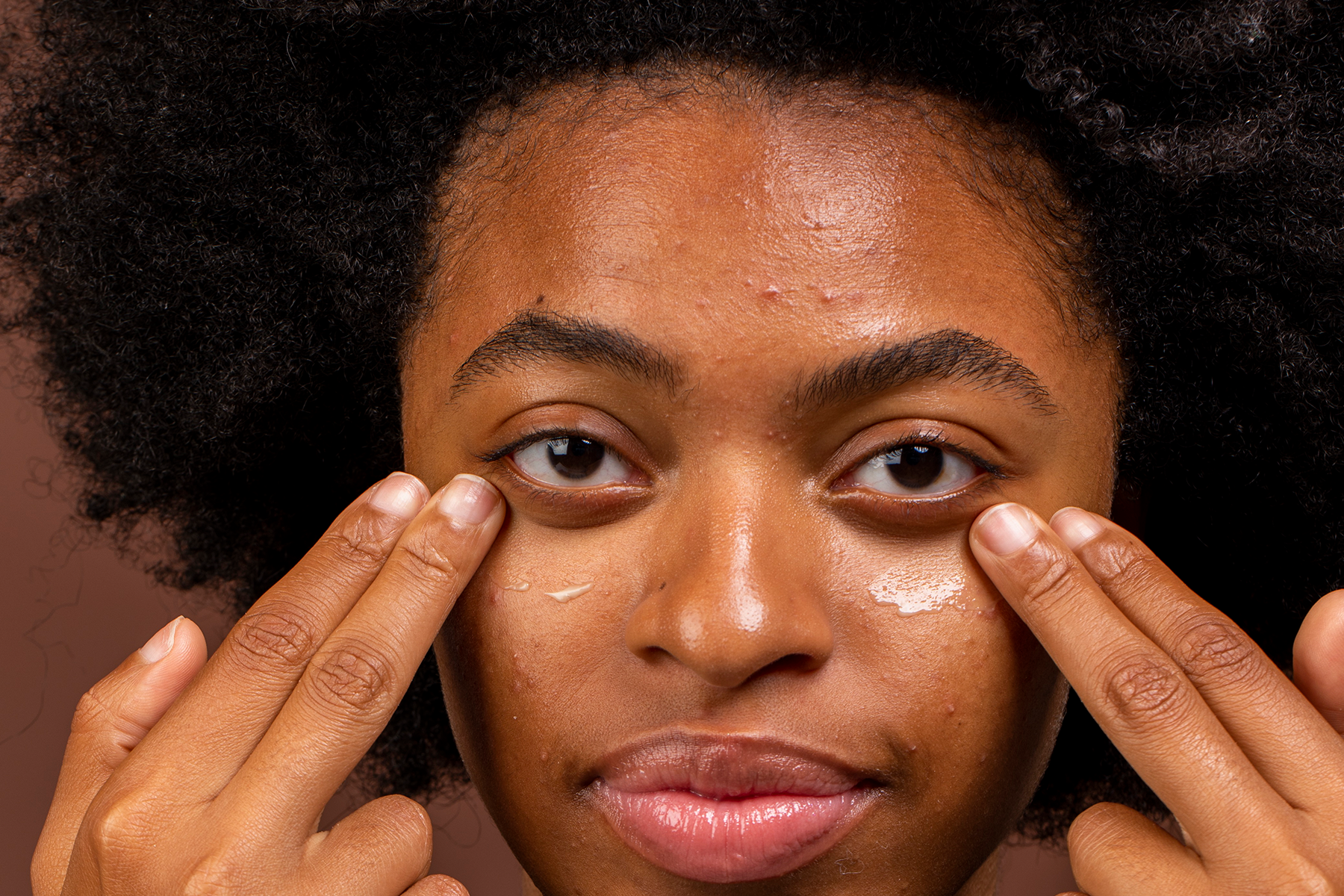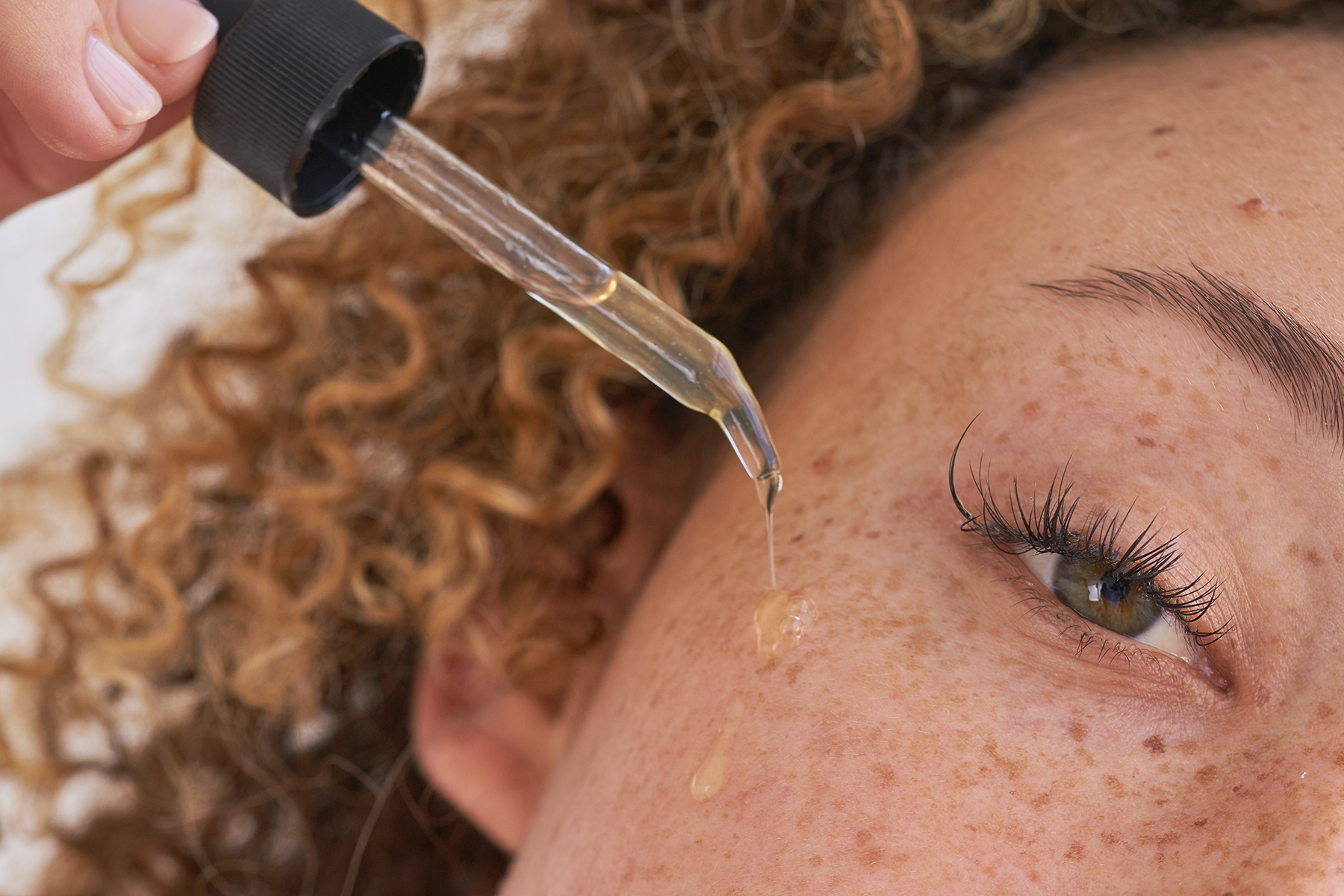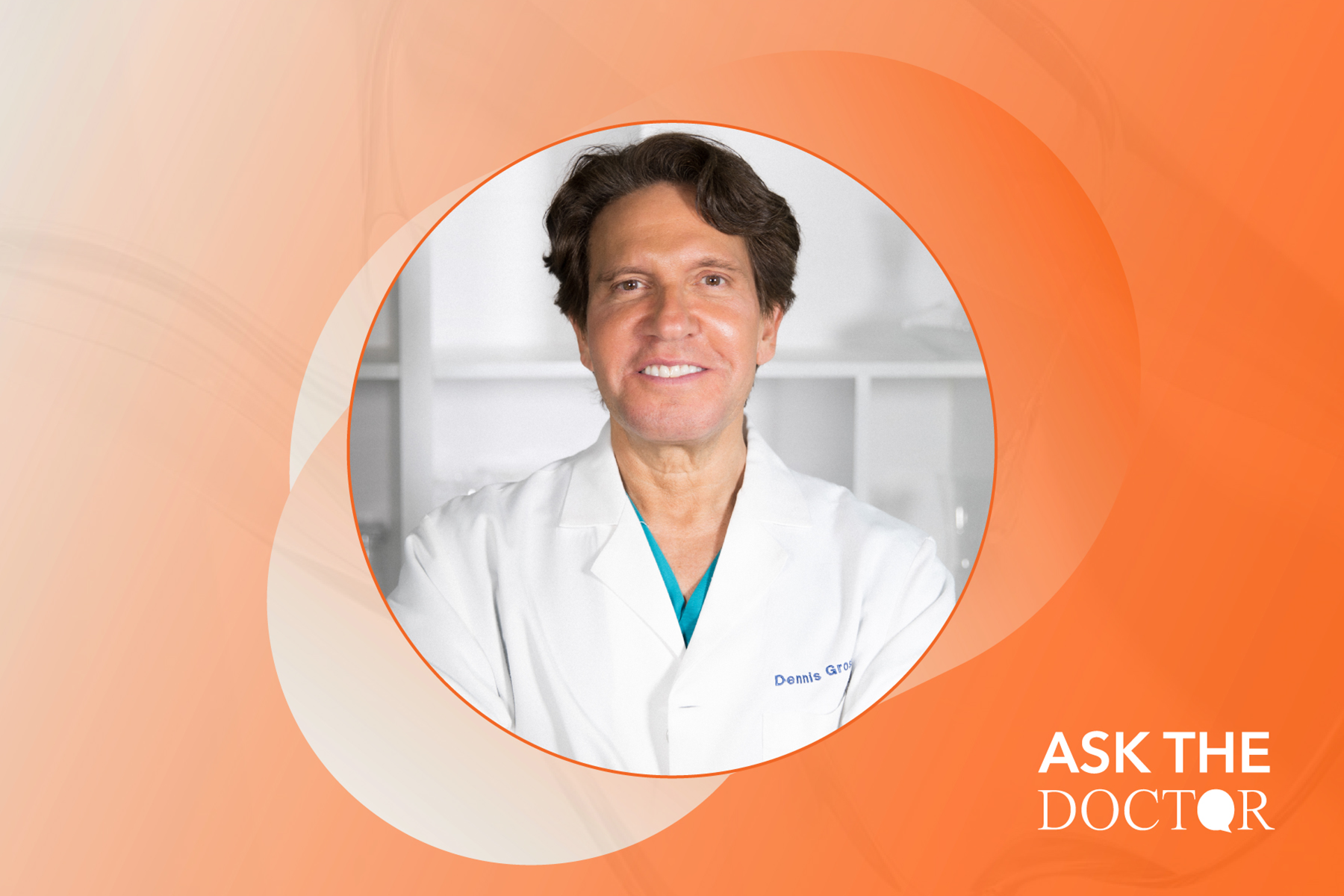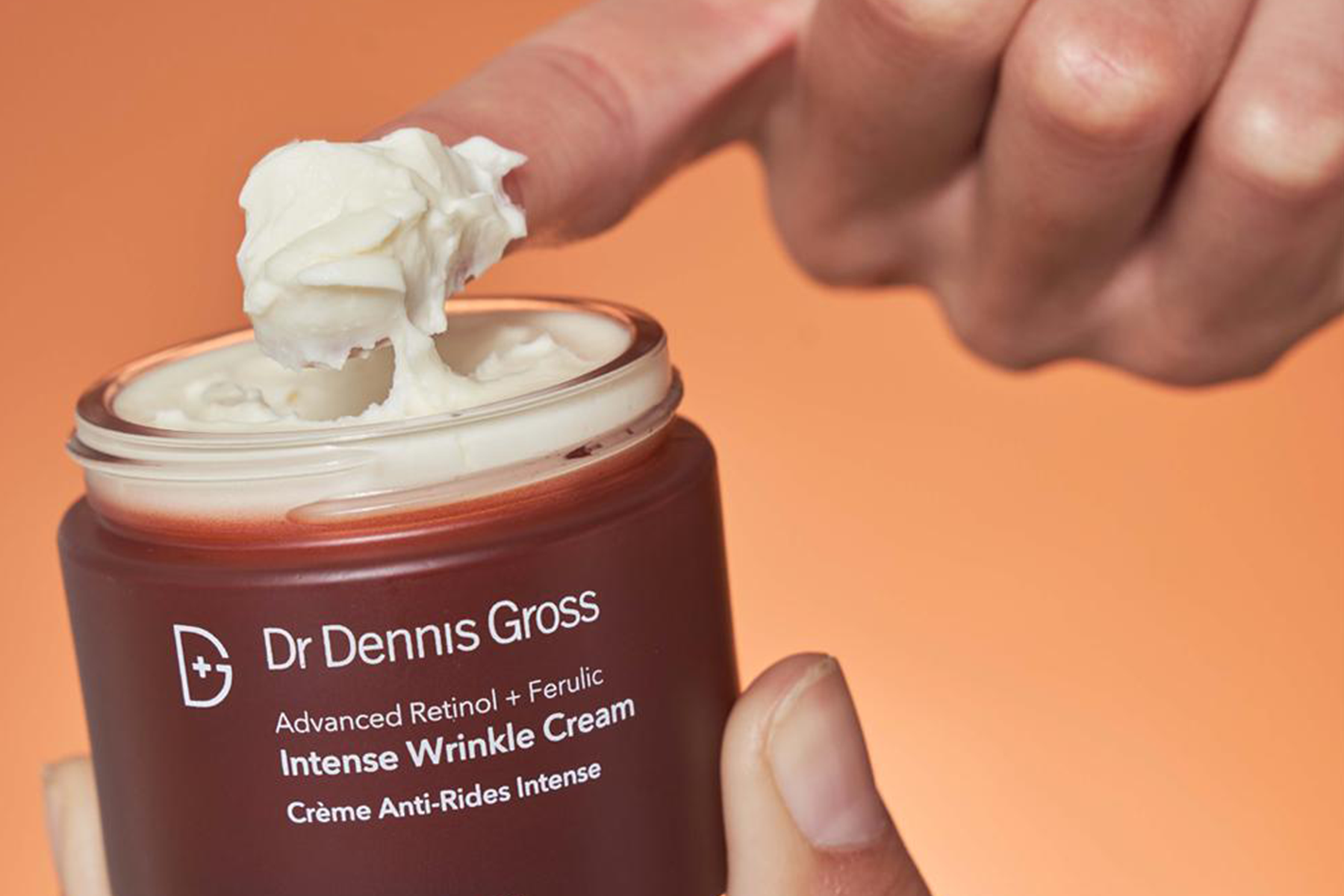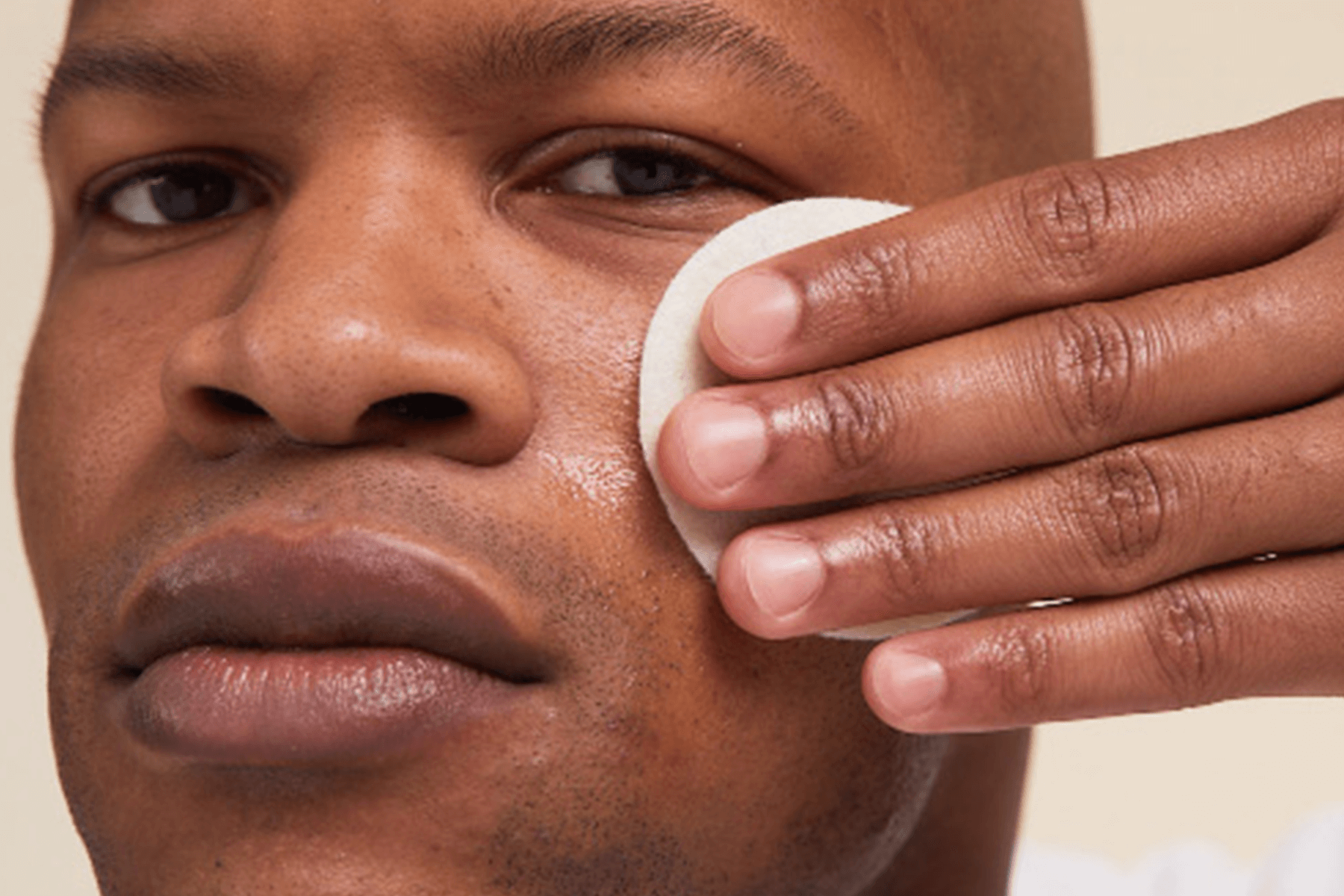The+Source
Retinol for Acne: How to Get Rid of Acne and Uncover Clear Skin with the Power of Retinol
Retinol is a tried-and-true ingredient adored for its ability to diminish fine lines and wrinkles, reduce hyperpigmentation and smooth uneven texture. However, this hero ingredient has one lesser-known superpower in its skin-saving arsenal: it is great for fighting acne and complexion issues.
What exactly is acne, and what causes it?
Before we can explain how retinol works to combat breakouts, we first need a little pore biology lesson.
Pores are the small openings in skin we love to hate, however they play an important role in overall skin health. They allow sweat and oil to escape through skin – keeping you cool while also keeping skin healthy. Each pore has an oil gland (aka sebaceous gland) and hair follicle. The oil produced in the sebaceous gland travels up the hair follicle to skin’s surface, working to clean out dead skin cells inside the pore and keep skin lubricated, preventing dryness.
Problems only start to arise when there is a pore blockage or a change in oil chemistry – or both. Dead skin cells, dirt and debris can clog pore openings, trapping oil and bacteria in the pore which ultimately causes breakouts. The consistency of your oil also can cause acne. Oil that is more fluid (think water consistency) flows more easily than thicker oil (more like honey). Changes in oil chemistry that result in thicker oil means more opportunity for acne flare ups.
While all acne starts with a clogged pore and/or abnormal oil chemistry, the blockage can be caused by a number of different factors including:
- Stress
- Genetics
- Hormonal changes
- Personal care products
- Weather
Each person has about 20,000 pores on the face alone – that is 20,000 opportunities for breakouts.
How does retinol help acne?
Knowing that all acne starts with a blocked pore and abnormal oil chemistry, let’s talk about the ways retinol can help.
One of retinol’s greatest functions is increasing cellular turnover. It works in the epidermis, or the outermost layer of skin, which lines the pores. By consistently stimulating cell turnover, retinol keeps the lining of pores clear of dirt, dead skin cells and oil build up, preventing breakouts.
It also serves as a sebostatic inhibitor to reduce the over production of blemish-causing sebum, regulating oil chemistry.
Oh, did we mention that on top of addressing pore blockages and oil chemistry, retinol simultaneously stimulates collagen production – the key to healthy, younger-looking skin. For those with acne, collagen plays an important role in repairing and fading acne scarring from previous breakouts. It also acts as a tyrosinase inhibitor to prevent future hyperpigmentation or post-inflammatory hyperpigmentation (a common lasting effect of those who suffer from acne).
How do you use retinol for acne?
While acne flare ups can happen at any age, they are most common in our early 20s. Incorporating retinol into your regimen early not only combats acne and complexion problems but also stave off signs of premature aging. It’s a win-win!
When selecting a retinol product that will tackle breakouts, look for a formula that incorporates:
- Mandelic acid: cleanses the pores and refines skin
- Linoleic acid: helps thins out oil to prevent clogging and breakouts
Remember, not all retinol has to be harsh and over-drying. Look for a formula that includes soothing ingredients that fight inflammation and redness such as bakuchiol, rambutan and ferulic acid.
As with any product you intend to use on or in your body, it's important to follow the instructions carefully. Use new products gradually, just to be safe. Every person's skin reacts differently. If you see excessive redness or experience burning sensations or new rashes, stop using the product immediately. These are signs that the formula is not suitable for your skin type.
And of course, make sure you wear a sunscreen every single day, whether you choose to use retinol or not.
Retinol Side Effects & Warnings
Most people are safe when they use retinol, but some people are at risk of irritation. There are a few things to keep in mind to ensure you get all the benefits of retinol without experiencing more serious side effects:
- People with eczema may experience rashes when using retinol
- Pregnant women should avoid retinol use
- The wrong strength of retinol can do more harm than good. Retinol is a buildup process. Start slowly with a low strength and gradually increase it.
- Retinol should only be used at night. Using retinol during the day will increase your skin's sensitivity to UV rays, no matter how much SPF you use.
